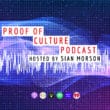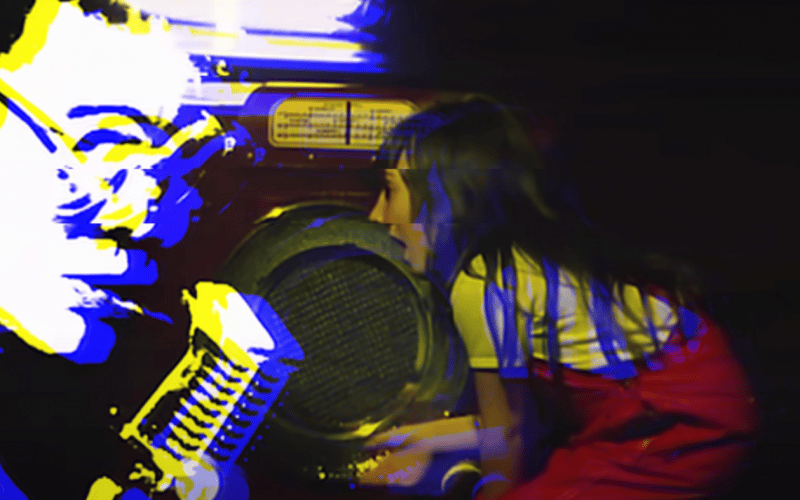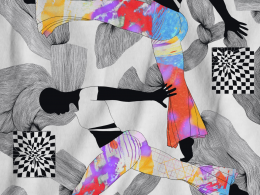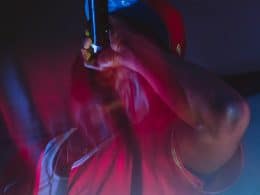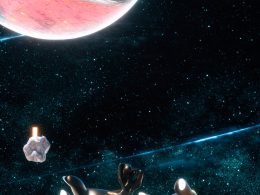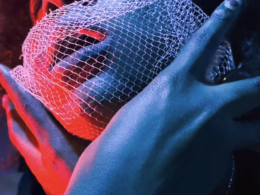The early but predictable misuse of the creative Web3 economy and how music can possibly change things.
The Moments it Stayed the Same
40 years ago, in the Summer of 1981, Video Killed the Radio Star was the first music video played on a new cable station called MTV. The irony was purposeful and prophetic. Video Killed the Radio Star highlighted how video would change the way the world consumed music and MTV re-introduced something else; another means to measure the worth of music and its artists based on paid metrics.
A shiny object MTV was, it did nothing to counteract what creatives were experiencing in an industry that made a regular practice of mentally, financially and at times physically abusing its artists. But artists still risked it all for a deal and the only real access to MTV. MTV was just another sugared ingredient in the batter of industry enriched fame. Most artists measured their success and gambled their self-esteem on the ability to get signed. Through the 90s, Fame would became Celebrity and further compromised the mental health and lives of multiple mainstream musicians and the culture they helped create. Still, popularity, determined by industry, remained the carrot?
Faster internet speeds and P2P music sharing would eventually kill MTV. In fact, the egalitarian rhetoric said today about Web 3 is almost verbatim what was said about P2P by the same tech voices. “The revolution was here! Music should be free” they hailed, with Hulk-sized assurance. Equal amounts of vitriol, of course, was expressed by artists and industry. For once we were on the same side of the struggle, though soon after the fight begun, industry negotiated its silence, leaving a system that now serves everyone BUT music artists.
Time didn’t stop and millennials and Gen Z grew up. Today most consumers could not imagine paying for music. Web 2 was supposed to level the playing field for artists with unobstructed access to their fanbase. Now, we could truly be independent with just a 1000 fans and an algorithmic bribe to the social media barons. Meanwhile, musicians work the game to make the industry’s job easier finding and fucking the next big pop star conveniently praised for their use of social media. The promises of pop status, broken time again by the entertainment industry, still had knee jerk appeal.
Web 2, with all its faults, was a bootcamp for what was to come. This is where NFTs and social tokens come in. The artist moves from building a fanbase to building and sharing an economy of culture with their fans.
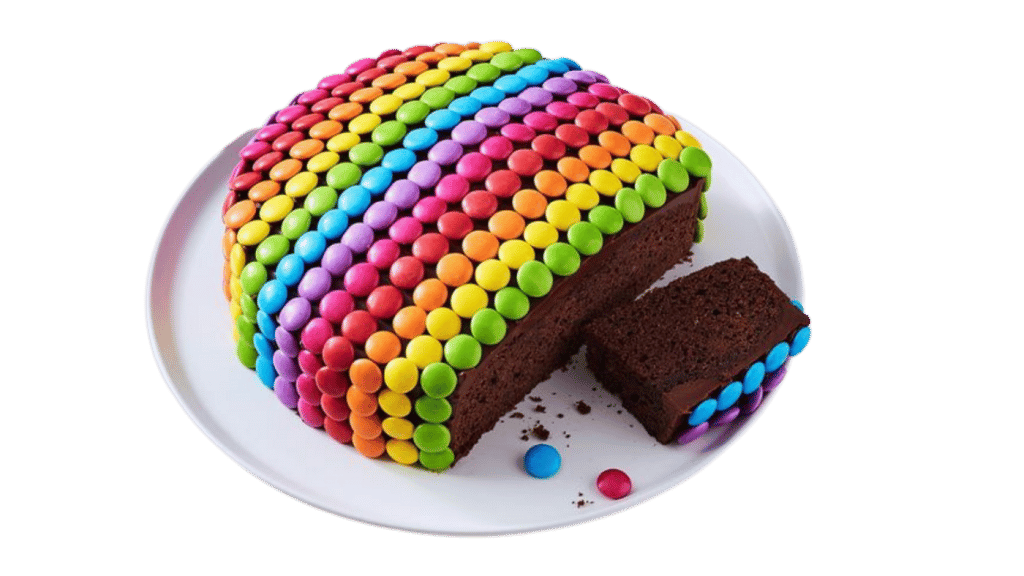
Social Cake
The batter of this article is really what can be done with a music fanbase if incentivized. The terms social tokens and tokenomics is a bit of a put off for me. My preferred term is Social Cake. So what is Social Cake? One bakes $SocialCake as an access pass to a who and a what? Access is given to those with $YourCake and the ‘what’ determines $YourCake’s value.
It’s 2021, I was new to NFTs, as was everyone, I tried to apply to Roll and Rally to get my own social token. I was kindly denied access to Web 3 technology based on my Web 2 metrics? See now?
It is still a popularity contest of prospects and risks. Web3 culture is trapped in the same capital conventionality found in prior iterations of 0 and 1s.
As with social tokens, the old guard can easily be found in the language used with NFTs; whitelists, platforms, tokens, bids, marketplaces, reserved, pre-sales, giveaways, follow me, rarities?! THIS language sells culture; it doesn’t create it.
Social Cake transforms Follow Me into Follow Us.
The challenge with technology, as we use it, is that it’s here to serve capitalism; and consumerism is here to make us feel valued; within it. It’s been 30 years or so since we started consuming via the internet and the underlying culture that reliably erodes our mental health as creatives has not changed. This is not a critique of possessing all the thangs, just our memory of how we’re told they’re acquired. What will we, as musicians, change for ourselves this time other than a sustainable means to make money? In what ways will our relationship change with fans? What new world are we inviting music people into?
New tech always paints the walls white to make a room feel new.
Music can help the layers underneath bleed through.
This new world won’t just seem weird because of unfamiliar language and terms, but because the baseline culture is f*cking off. Musicians don’t “bid” or have “auctions”and selling to a handful of collectors does not a fanbase make. Our collectors shouldn’t have to join Clubhouse rooms to learn how to collect music NFTs. Though music as art is a welcomed breath of fresh air in the larger NFT art world, it’s only one way musicians could stack crypto in an ecosystem we build for ourselves.
When it comes to blockchain technology, musicians are trying to navigate inside the world and ways of an entirely different art medium. Healthy bags aside, with respect to our mental health and all the usual trappings, how can music confidently lead Web 3 in different ways that honors our history and still works towards new expectations for music? I am gambling on how understanding and creating social cake first as the go-to entry way for musicians, uniquely changes how we talk about the future of music while getting right with our past.
Web 3 gives pop culture gas?
“When it comes to blockchain technology, musicians are trying to navigate inside the world and ways of an entirely different art medium. Healthy bags aside, with respect to our mental health and all the usual trappings, how can music confidently lead Web 3 in different ways that honors our history and still works towards new expectations for music? I am gambling on how understanding and creating social cake first as the go-to entry way for musicians, uniquely changes how we talk about the future of music while getting right with our past.”
I once heard Black Dave, an anime hip hop NFT artist and thought-leader in the music NFT space say: “marketing music in the NFT space allows the artist to not just target but choose their fans.”
What if fans moved from being a part of a larger machine to becoming it? This technology challenges us to dream while measuring our worth when building with others. Imagine your change-maker sized dreams and achieving them with those you make music with and for? Whether you are a $SocialCake community of a 100 or 10ks, you‘re a pop star by your own design and your wallet holds the receipts. Never mind the echoes of those same tech voices and pilgrim success stories that can distract you from the cultural ingenuity ahead. Markets will alway be markets, but what, how and why something is sold is market culture. The axis of power with Web 3 isn’t in creating managerial tech, as with Web 1 and 2, but this time, owning what inevitably popular things can be done with it.
Now is social cake good for everyone? No. Like social media was the achilles heel of so many artists, this too will intimidate some. The tech and communication skills are not here to help easily manage things. There is also the question of creative control. Not every artist does well in crowds; fans or not. That being said, Web 3 ain’t for everybody; but what technology has ever been? There are people who enjoy collecting records not following them. The possibilities are endless at this point which ever Web # you’re living in. Regardless, we music creatives, are best to remain mindful of the old traps and triggers that usually ride in on the back new tech euphoria.
ETH is out of key
I’ll be blunt, this is an attitudinal call to action. If NFT musicians are going to do anything to support a sustainable music market, it will not be on Ethereum. Perhaps leave ETH to the whales and aspirational NFTart collectors. Ethereum is not only obscenely expensive, the tech bros got y’all thinking a whale is the most powerful fish in the sea. Music moves like schools of fish; swimming together to appear like anything.
I understand establishing new marketplaces on other chains can feel like trying to harpoon a whale, but this is exactly what we as musicians need to do. Even though there are great Dapps lessening the financial load of ETH, like Party Bids; it’s still in reaction to the dominant art market culture, not so much proactive towards a distinct music presence on chain. Treating a song like a stock makes sense, though. This works for some, including myself, and helps people unfamiliar grab the collective concept of investing in an artist. But still, the bottom line of this article is a shared vision to create our own market culture before its created for us.
Marketplaces are a dime a dozen like ideas, market culture affects everything exchanged in its name.
Social Cake and chain reviews is well beyond the scope of this op-ed, but I invite the NFT music community to help me, help us, think differently about how music culture will be introduced to the blockchain and change how it’s used.
Listen to the full Mint List mix on Twitter Spaces debuting this Sunday January 30 at 5pm ET with guest Dr. Lemny Perez.
If you’re interested in the music shared and topics discussed in The Mint List and want to support more music NFTs by W/BIPOCQ talent? Please consider joining The Mint List email list to receive first access into our private Telegram community. Sign up here.

